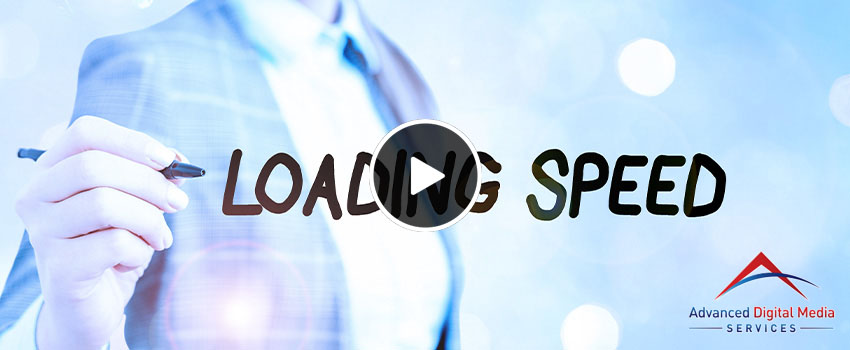Websites that load slowly and take too long to respond can kill sales and revenues. Today, to make more sales and conversions, you need to have quality content and fast website speed. New surveys show that website loading speed affects traffic trends significantly, as a slow page can easily frustrate customers.
Why Is Website Speed Important?
Slower websites often have high bounce rates and poor sales. Several studies have proven that the average customer will leave your page if it does not pop up within 3 to 6 seconds. Frustrated customers may develop a negative perception of your business.
Several websites, on the other hand, had better revenues after improving the speed of their pages. Are you familiar with Shopzilla? This company gained 12% more revenue by simply improving its website speed to 1.2 seconds.
You, too, can improve your conversion rate if you can speed up your page. You can get a 2% increase by every single second. Yahoo got a 9% boost in traffic and Mozilla gained 60 million more downloads by setting their website loading speed to less than 3 seconds.
In 2019, Google also announced that website loading speed is a major factor in ranking pages. If your server response time is quick enough, then your SEO ranking will also be better.
How Fast Should Your Web Page Be?
The recommended loading time of a web page is less than 3 seconds, though up to 5 seconds is still considered good. If it is more than 5 but under 10 seconds, it’s considered to be fair. However, exceeding 10 seconds will cause you to lose your ranking and conversion.
Several tools are available to help you perform a website speed test. Others even come with web page improvement suggestions. You can follow these tips to optimize your website’s codes and get a faster loading page.
The most effective solution, though, to load your applications and content quickly on your page, is to get web hosting power.
Why Choose a Dedicated Hosting Service to Increase Your Website Speed?
Your website speed will depend mainly on the architecture, databases, and the speed of your hosting server. Getting the right type of web hosting service can make or break your ranking. Shared and dedicated hosting are the most common types of hosting services available online.
A shared hosting service is more affordable, but it comes with limited resources. This is ideal for small websites with low traffic. Hundreds of websites are on a single server with shared hosting. It may not be able to provide the required speed your website needs to maintain or raise its ranking.
If your page is more dynamic and requires frequent updates, dedicated hosting is the best option. This is an expensive solution but is more powerful than shared hosting.
Nearly all businesses are now trying to adapt dedicated server technology for faster speed and power. It can offer you several benefits:
Faster Loading Time
A dedicated server is powerful. It can host applications at a higher speed because its infrastructure, bandwidth, and resources are more reliable compared to other web hosting services.
Secured Website
Another benefit of investing in dedicated hosting is the safety of your company data. Hackers can easily break into a website if it is poorly coded. This often happens in a shared hosting environment. With dedicated hosting, you can hammer test your code for common vulnerabilities and lock down your server for better security.
Increased Traffic
If you intend to use your page to advertise your business, you should be ready to receive a spike in web traffic. What better way to do this than by investing in a dedicated hosting service that will allow you to tackle high loads without downtime? As long as your codes are well optimized, you are in a good position to handle website traffic and transactions quickly and smoothly.
With these benefits from dedicated hosting, making a name for yourself in search engine rankings is a sure thing.
Other Tips to Improve Website Loading Speed
Aside from investing in a fast and reliable web hosting service, you can also improve your website loading speed by doing the following:
Limit the Use of Themes and Plugins
Too many themes and plugins can slow down the speed of your website. Remove them if they are unnecessary. Choose simple or lightweight templates.
Minimize Scripts
Reduce the size of code by removing unnecessary variables or characters. Reducing the number of scripts is a good solution while working with files. It will not affect the performance of your page even if it holds a lot of data.
Divide CSS files and JavaScript based on their size, importance, and placing. You can keep small files internally, and the rest can be cached by adding them externally.
Now you know how important website speed is when determining the performance of your page. Implement the above-mentioned tips now to increase your revenue! If you need professional help, fill out the form below to chat with one of our experts. Our web hosting packages may be of great help!





